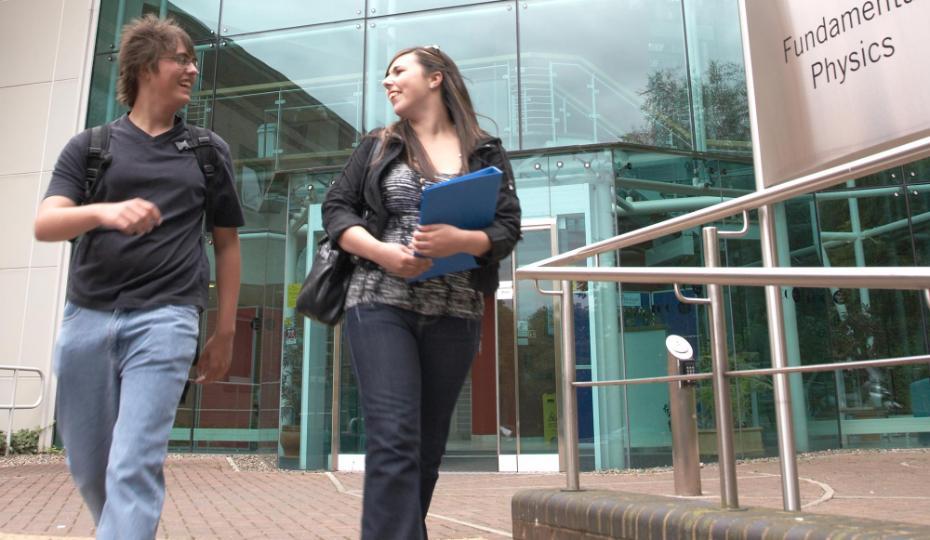Research
The Centre for Particle Theory conducts world-leading research across the full range of fundamental particle physics. The Centre brings together one of the largest groups of researchers in this field in the UK.
Research Activities
Phenomenology
Phenomenology is the study of particle physics at energy scales probed by present-day or near future experiments. Our research spans the theory of the entire breadth of the experimental particle physics program and addresses fundamental issues such as the Origin of Mass and the Higgs Boson as well as the Matter-Antimatter Asymmetry of the Universe.
Research in this area is conducted through the Institute for Particle Physics Phenomenology (IPPP). More information is available on the IPPP webpages.
Fundamental theory
Our research on formal theory addresses a range of foundational questions about the nature of particles and forces, spacetime and quantum gravity. Remarkable progress has been made in these foundational questions in recent years. Our group has contributed to these developments in important ways across its range of activity. The group is long-established, but has been changing and developing rapidly in recent years, building expertise in cutting edge research directions through new appointments.
Significant themes in the group's work include supersymmetric theories, generalised symmetries and anomalies, amplitudes, holography and solitons. Supersymmetric theories provide a controlled environment for gaining a deeper understanding of field theory. Our work focuses on constructing new examples, both directly in field theory and from string compactifications, and understanding the geometric and algebraic structures characterising these theories. Symmetries play a central role in physics. An exciting new development is the discovery of generalised symmetries, transformations acting on extended objects. Scattering amplitudes are the basic observables in quantum field theory. They can have surprisingly simple structures; characterising these structures leads to remarkably different perspectives on the nature of quantum field theory. Holography provides a duality between field theory and quantum gravity, shedding light on both sides. Work in this area includes using the gravity side to perform calculations in strongly-coupled field theory, and using the field theory to understand the quantum structure of spacetime. Solitons are classical solutions of field theories, which play an important role in understanding the non-perturbative physics of quantum theories.
Our Pages
Contact Us
Department of Mathematical Sciences and Department of Physics.
Durham University
Science Laboratories
South Rd
Durham
DH1 3LE
United Kingdom
0191 374 2349 (Maths)
0191 374 2167 (Physics)


/prod01/prodbucket01/media/durham-university/research-/northern-accelerator/Durham-Uni-Full-Banner.png)

/prod01/prodbucket01/media/durham-university/departments-/physics/buildings/Ogden-930X540.jpg)
/prod01/prodbucket01/media/durham-university/departments-/computer-science/81569-2000X1333.jpg)
/prod01/prodbucket01/media/durham-university/departments-/durham-centre-for-academic-development/86625-930X540.jpg)
/prod01/prodbucket01/media/durham-university-business-school/about-us/Home-Page-Banner-or-Footer-(11).png)
/prod01/prodbucket01/media/durham-university/research-/research-centres/centre-for-intercultural-mediation/42912.jpg)
/prod01/prodbucket01/media/durham-university/departments-/classics-and-ancient-history/45346.jpg)
